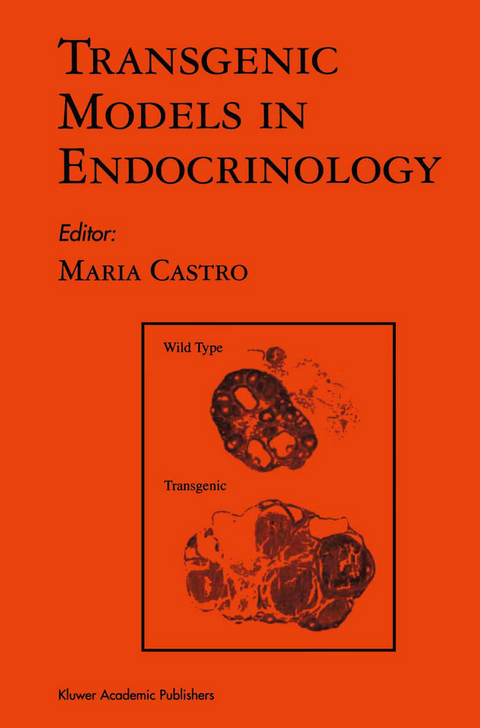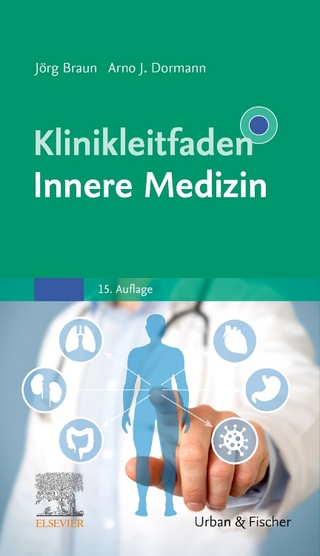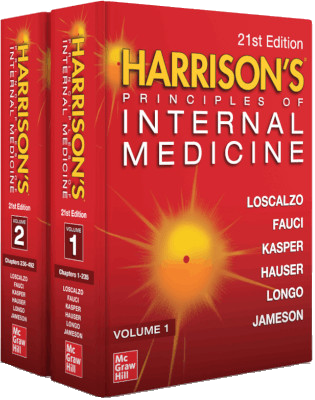
Transgenic Models in Endocrinology
Springer (Verlag)
978-0-7923-7344-5 (ISBN)
Contributors.- Preface.- 1 Transgenic Rats and the Functional Genomics ofEndocrine Systems.- 2 Transgenic Models for Studies of Oxytocin andVasopressin.- 3 GnRH Transgenic Models.- 4 LH Hypersecreting Mice: A Model for OvarianGranulosa Cell Tumors.- 5 Fo Transgenics for Studies of Transcriptional Control InVivo Tissue and Developmental-Specific Regulation of the Human and Rat Growth Hormone/Prolactin/Placental Lactogen Gene Family.- 6 Neuroendocrine and Reproductive Functions inTransgenic Mice with Altered Growth Hormone Secretion and in Growth Hormone Receptor Gene Disrupted Mice.- 7 Transgenic and Knockout Models of Prolactin Action inFemale Reproduction.- 8 Genetic Mutants with Dysregulation of CorticotropinPathways.- 9 Spontaneous and Induced Genetic Mutations of thePOMC System.- 10 Transient Transgenesis in the Endocrine System: ViralVectors for Gene Delivery.- 11 Cell Type Specific and Inducible Transgenesis in theAnterior Pituitary Gland.
| Reihe/Serie | Endocrine Updates ; 13 |
|---|---|
| Zusatzinfo | XII, 265 p. |
| Verlagsort | Dordrecht |
| Sprache | englisch |
| Maße | 155 x 235 mm |
| Themenwelt | Medizinische Fachgebiete ► Innere Medizin ► Diabetologie |
| Medizinische Fachgebiete ► Innere Medizin ► Endokrinologie | |
| Studium ► 2. Studienabschnitt (Klinik) ► Humangenetik | |
| Naturwissenschaften ► Biologie ► Humanbiologie | |
| ISBN-10 | 0-7923-7344-8 / 0792373448 |
| ISBN-13 | 978-0-7923-7344-5 / 9780792373445 |
| Zustand | Neuware |
| Haben Sie eine Frage zum Produkt? |
aus dem Bereich


